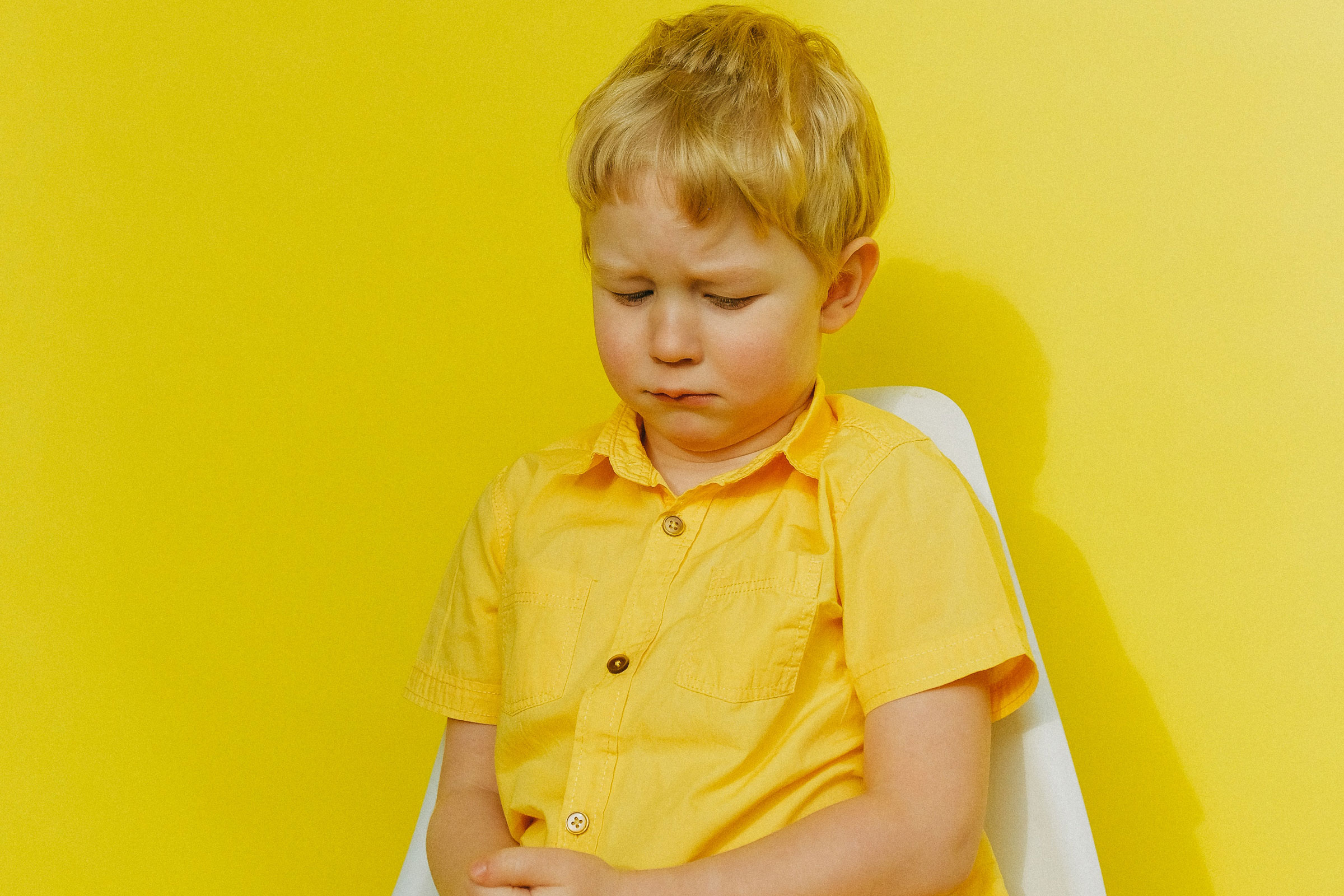The truth about ‘time out’
By Amanda Ruggeri 10th June 2022 on the Family Tree website.

From the impact of giving a child a time out, to the latest research on punishment-free parenting, Amanda Ruggeri investigates the fascinating science of discipline.
Your toddler smacks another child at play group, upset that she won’t share her toy. Your pre-schooler needles you at the store, whining that he really wants that sweet. Your 12-year-old refuses to set the table, storming off to her room and slamming the door.
Ask any parent, and they’ll tell you that dealing with situations like these can be among the most challenging – and common – parts of parenting. If the frustration of the moment itself weren’t enough, there’s the difficulty of how to respond. Do you give a time out? Threaten to take away privileges? Negotiate? Or do you follow the approach being promulgated by an increasing number of advocates, which holds that connecting with a child in their moment of distress, not punishing them, leads to calmer, better-behaved, and emotionally more in-tune kids?
“The word ‘discipline’ has been misconstrued as ‘punishment’, meaning inflicting pain as a consequence of doing something,” says Dan Siegel, clinical professor of psychiatry at the UCLA School of Medicine and the author of six books on parenting, including No-Drama Discipline. He points out that the word “discipline” comes from the Latin word disciplina – which means instruction or teaching.
“Parents say, ‘Parents should be good disciplinarians.’ We go, ‘Yes – and a disciplinarian is a teacher.'”
Like any parenting decision – from whether to sleep train to the dilemma of screen time – how we discipline (or “teach”) our children is deeply personal. Our beliefs around discipline have been shaped by our culture, the attitudes of those around us, how we were raised, even our current stress levels. Whether we think discipline is needed at all is also situational, depending even on which rules we set: a three-year-old told not to leave the playroom is more likely to “disobey”, for example, than a three-year-old who is allowed to come in and out as she pleases.
Even beliefs that are a no-brainer in some societies are unusual in others. “The Anbarra child hears of no rules and receives no punishment,” one anthropologist noted of the Aboriginal tribe. Other Aboriginal approaches to discipline include the idea that “the child has the ultimate choice to obey or not and adults are not overly upset if the command is not complied with”. Rather than with rewards or punishments, children learn how to behave “through trial and error over a period of years”. The Sámi, an indigenous group spread across the Arctic, espouse a similar parenting philosophy, letting children make their own decisions about even when to eat and sleep. Instead of punishments, there are intricate, unspoken rules and communal activities that nudge children towards desired behaviour, such as going hunting or fishing together.
In other societies, parents take a harsher approach. One Unicef report found that more than 90% of children in countries including Ghana and Egypt have experienced either physical or psychological aggression as forms of discipline in the last month.
One thing we know is that every caregiver will, at some stage, find themselves dealing with a child not doing as they’re told. Anywhere from 25% to 65% of parents say that their children are at least sometimes noncompliant, with 1% to 9% saying this is a frequent or severe problem. This peaks in toddlerhood, after which children start to use tactics like negotiation to get what they want – underscoring the idea that in younger children, at least, disobedience and pushing limits is a part of normal development.
But what does the science say about how to respond? And is there really a way to guide children towards kind, thoughtful, cooperative behaviour that doesn’t involve punishment at all, as some experts argue?
Find out more about emotion coaching. Read the full article on the Family Tree website
